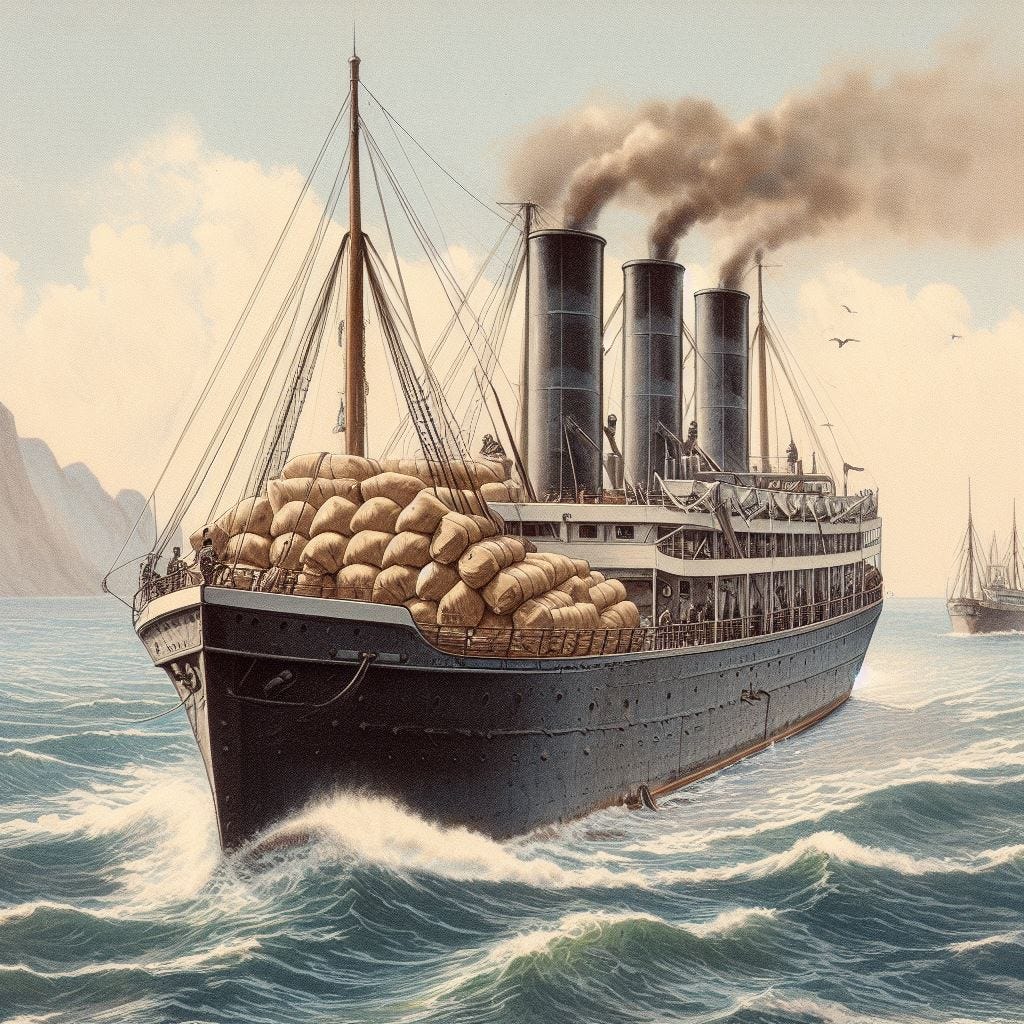Reach out and touch someone
On AOL Instant Messenger, the dopamine hit from Facebook birthday wishes, and the need for better-paced contact with acquaintances
Evidence from a study -- and a replication -- suggests that people would like to hear from old acquaintances who haven't been in touch for some time. This seems consistent with other things we know about people: That we are generally social creatures who thrive on contact with others, that we enjoy reviving interests in things we previously found enjoyable, and that we like to be esteemed enough that others think of us from time to time.
■ Lots of us have friends with whom our only routine one-to-one contact is an annual birthday greeting on Facebook. That once-a-year dopamine hit, while nice and certainly better than nothing, isn't really frequent enough to give an interpersonal relationship the kind of care and feeding it needs.
■ The problem of our time seems to be that the immediacy of digital messages, whether emails or Snapchats or chats, places a sort of deadline pressure on conversations that the old analog ways of communicating did not. It's easier to keep track of a much larger roster of friends and acquaintances online when you don't have to maintain an address book full of street names and ZIP codes, but there's an inevitable awkwardness to the time pressures involved.
■ If an old college buddy pops up with an instant message and they can see that you're online when they send it, then you're under an implicit obligation to respond right away, whether it's to engage fully or to promise to catch up soon. And once two people are engaged in a chat session, there's the eternal question of how to politely call for a time-out. (The medium itself doesn't really matter; it's the same feeling whether the conversation is taking place over text messaging, Facebook Messenger, Twitter direct messages, or anything else -- just like it once was hard to walk away from an AOL Instant Messenger chat.)
■ It's never been more evident that social disconnection has bad consequences. The Surgeon General has even produced a 68-page advisory on the "loneliness epidemic".
■ What seems to be missing is a way to regulate the frequency of contact with others so that it's manageably periodic -- like sending a letter to cross the ocean via steamship once was. Not so prohibitively infrequent that the correspondents forever feel like they're delivering dusty old highlight reels, but not so often that it feels like taking on a whole new appointment task just to engage in a conversation.
■ There are technological solutions available to address the problem, and it would be a real social good to see them implemented in a practical and appealing way. Most of us probably need to keep better track of our friends, and our friends on us. The options to do so ought to be much greater now than they've ever been.



